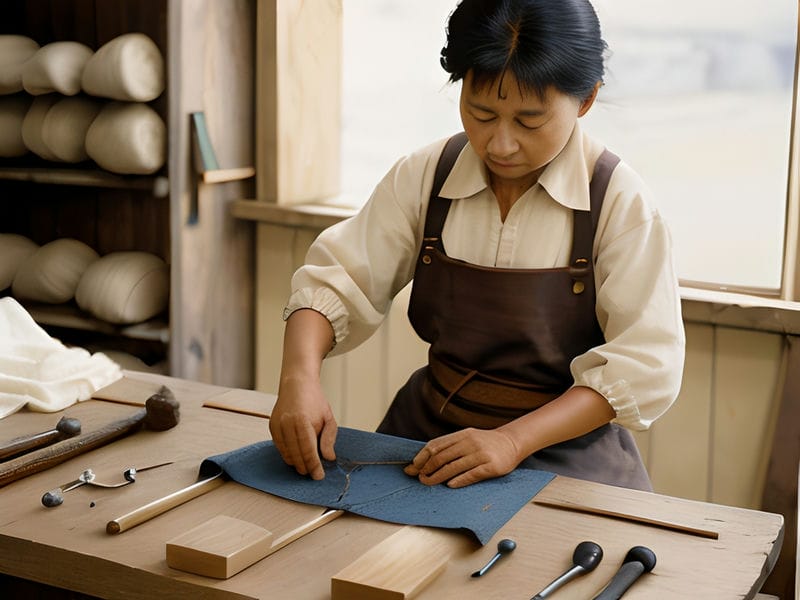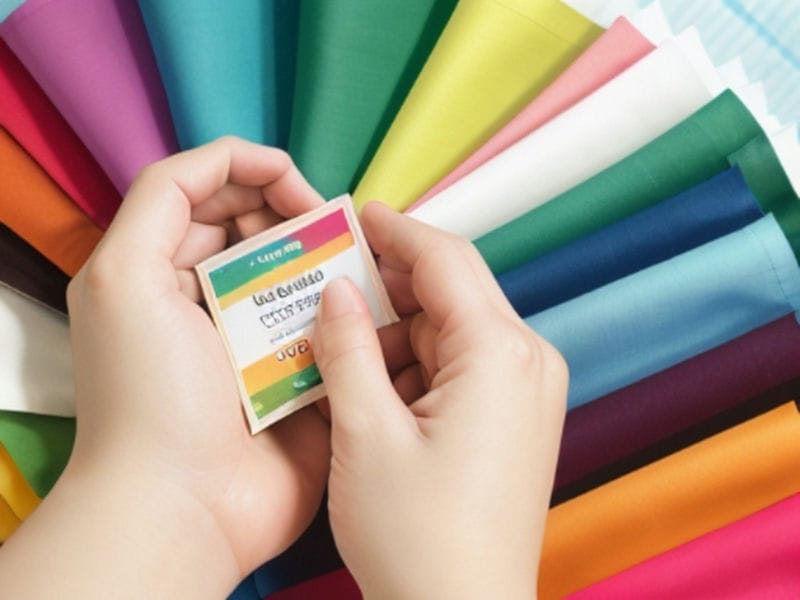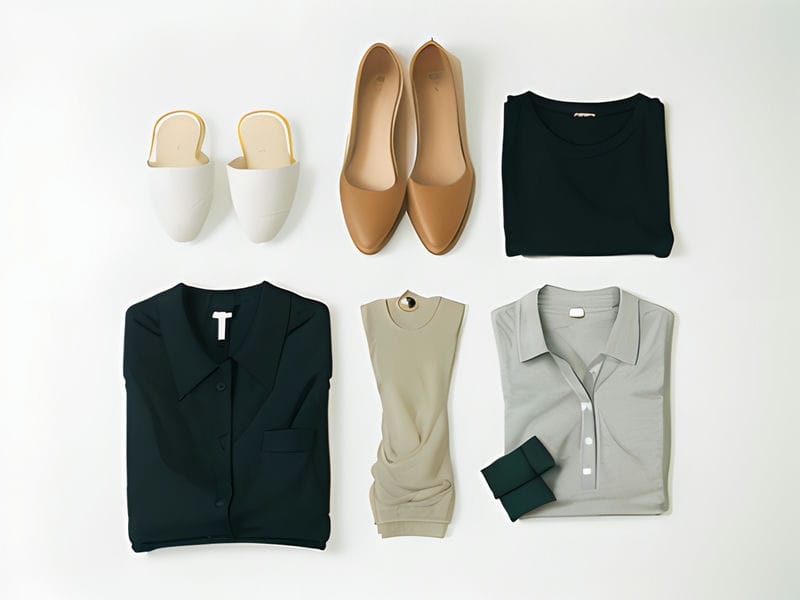
Explanation of what fair trade is and its principles
How Fair Wages are Changing the Fashion Industry
Fair wages are not just a matter of ethics, but they also have a significant impact on the lives of garment workers. In recent years, there has been a growing awareness about the importance of fair wages in the fashion industry. As consumers become more conscious about where their clothes come from and how they are made, brands are under pressure to ensure that their workers are paid fairly.
How Fair Wages are Changing the Fashion Industry - Tops Trousers
- Tops Trousers
- Willow Pants
- Signup
The impact of fair wages on garment workers' livelihoods cannot be overstated. When workers are paid a fair wage, they are able to afford basic necessities such as food, shelter, and healthcare. This not only improves their quality of life but also boosts their morale and productivity at work. Fair wages also empower workers to save for the future and invest in education for themselves and their families.
Moreover, fair wages help to combat issues such as child labor and forced labor in the garment industry. Carbon-neutral clothing brands offset their emissions The Benefits of Ethical Sourcing for Brands and Consumers Carbon Trust Certification. Slow fashion promotes thoughtful consumption Circular Fashion Practices Sustainable Laundry Practices. When workers are paid a living wage, they are less likely to resort to desperate measures to make ends meet. This creates a more sustainable and ethical supply chain that benefits everyone involved.
In conclusion, fair wages play a crucial role in transforming the fashion industry for the better. By ensuring that garment workers are paid fairly, brands can improve the lives of thousands of people around the world and create a more equitable and sustainable future for all. It is imperative that consumers continue to demand transparency and accountability from brands when it comes to worker compensation so that we can truly make a difference in the lives of those who make our clothes.











